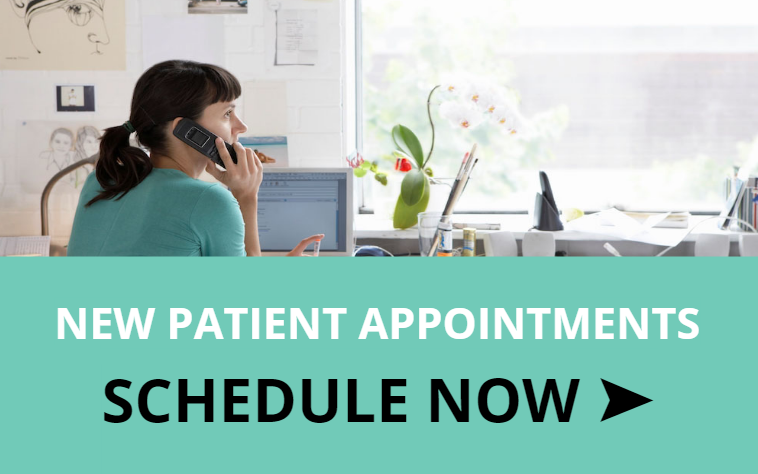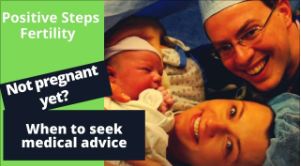Though many couples talk about relaxing through a vacation to encourage conception, there are several factors to consider when relaxing on a vacation, or choosing to explore fertility tourism leads to procreation.
1. Alcohol intake can lower fertility.
Though alcohol has contributed to many children being in this world, beyond creating the opportunity, more than one drink a day lowers fertility. Unfortunately, that reality still exists even while visiting an island paradise. Also, remember that alcohol during pregnancy can lead to birth defects.
2. There are potential health risks that come with fertility tourism and vacationing.
Sun and fun in the Caribbean sound like a wonderful time, particularly as one reflects on ice storms earlier this year. However, even though Zika seems to be a lower risk than it was several years ago, still think about mosquito-associated risks and protection if trying to conceive during or shortly after your trip. The CDC’s Zika map addresses relative safety for vacation destinations.
3. Stress doesn’t affect fertility as much as you might think.
Many women think that taking a vacation will help them to relax, believing stress to be their primary obstacle to conception. If stress were a driving force in subfertility, then the human race would have likely died out long ago. Being relaxed won’t open damaged Fallopian tubes, cause fibroids to resolve, or correct testicular or ovarian failure.
That said, there are two primary ways stress negatively affects subfertility. The first is if you are so stressed you don’t have a period, it is hard to conceive if you aren’t ovulating. Second, if you are stressed, and fight with your partner and stop having relations, that lowers chances. (Conversely, some have a way of making up where that would improve the odds.)
Given how rare stress is as the primary force in subfertility, if you feel stress is the main factor, you likely need testing to make sure another cause isn’t present.
4. Not all fertility tourism is efficient, or effective.
Fertility tourism can help make for affordable care, though there also are many ways to provide economically efficient care close to home. The number one challenge for fertility tourism is that though there are some capable clinics overseas, it is hard to tell the good ones from the not-so-favorable.
Some international fertility clinics seem reasonable but are actually better at marketing than medicine. A lack of transparency (such as required by the CDC or ASRM’s SART) can lead to claims that their practices are more effective than they are. Talk with your physician about what balance is best for you in these circumstances.
Moreover, if there are problems, getting back to the clinic or addressing legal challenges can be difficult internationally.
In short, that extra sun may be fun but might not result in a son or daughter. Protect yourself through wellness, know why things are taking longer than they should, and be cautious in investing lots of money in a location that may not have as much transparency or ways to fix problems should they arise. However, hopefully, you’ll be pregnant even prior to the vacation. Then you’ll have a lot to celebrate on your trip.
Bon voyage!
You can find us on YouTube, Facebook, and Instagram. We also have a fertility support group that meets twice monthly. Feel free to join in that as well. Whatever you do, don’t go down the lonely road of fertility all by yourself.
If you are wanting to build your family, we would love to help you. From simple explanations to high tech solutions, or simply a fresh perspective if what you’ve been doing on your own or with a doctor hasn’t worked, come see us in our Monroe, Shreveport, Madison, Starkville, or Hattiesburg MS offices.
Call us at 833-767-7837 and let’s help you have the child of your dreams!
J. Preston Parry, MD, MPH




